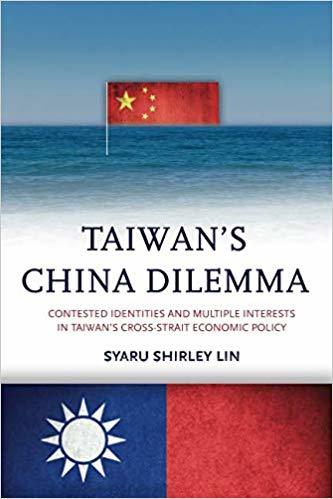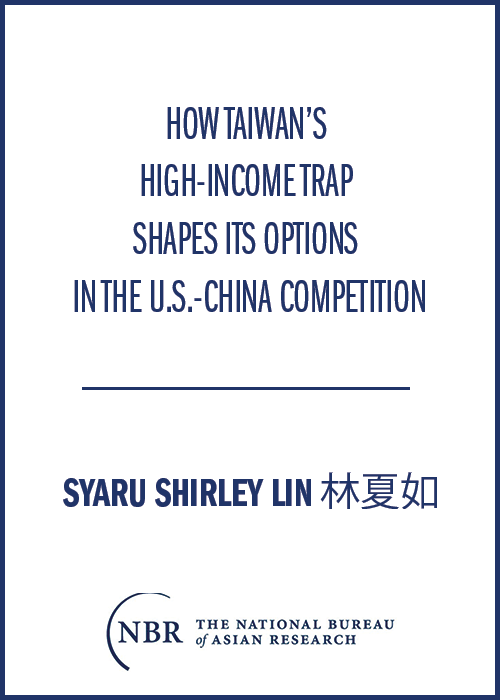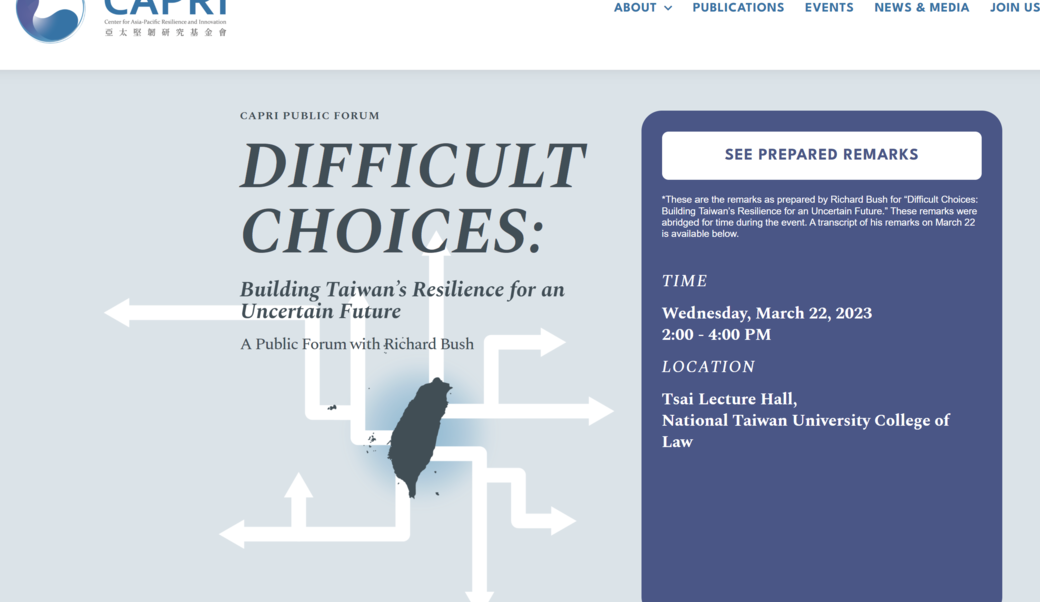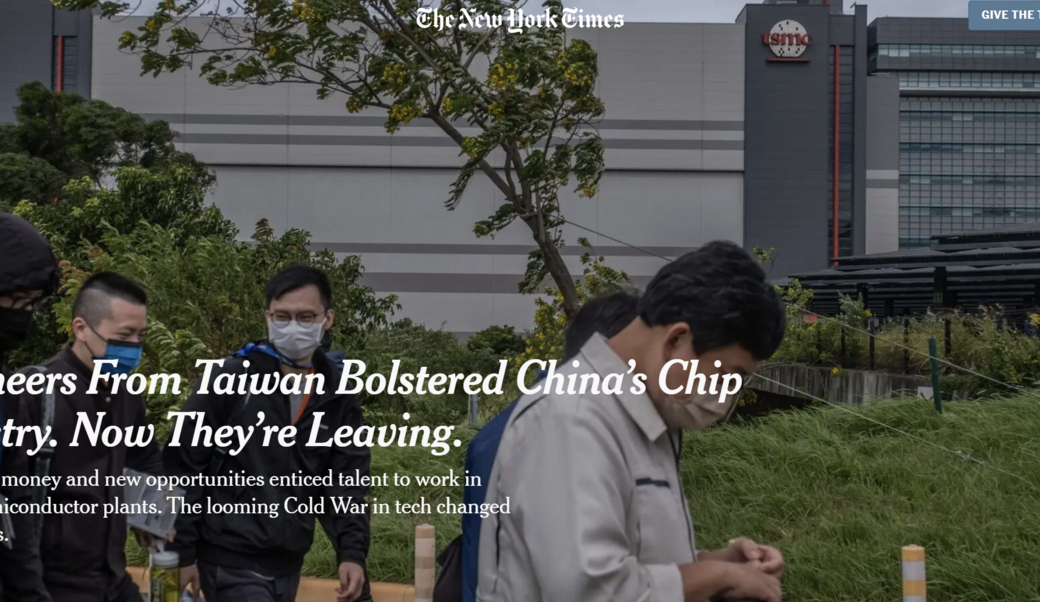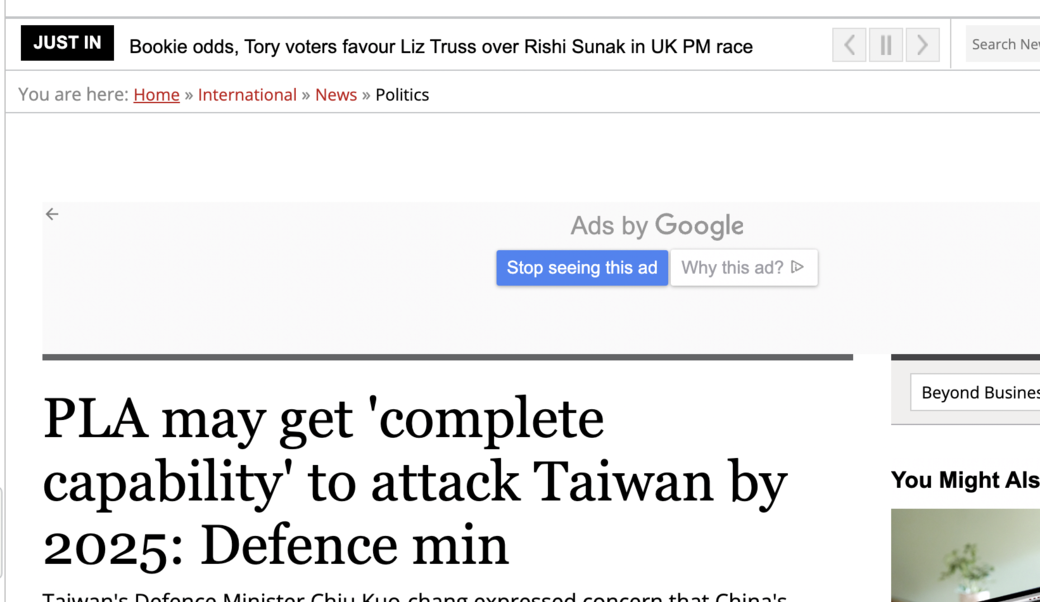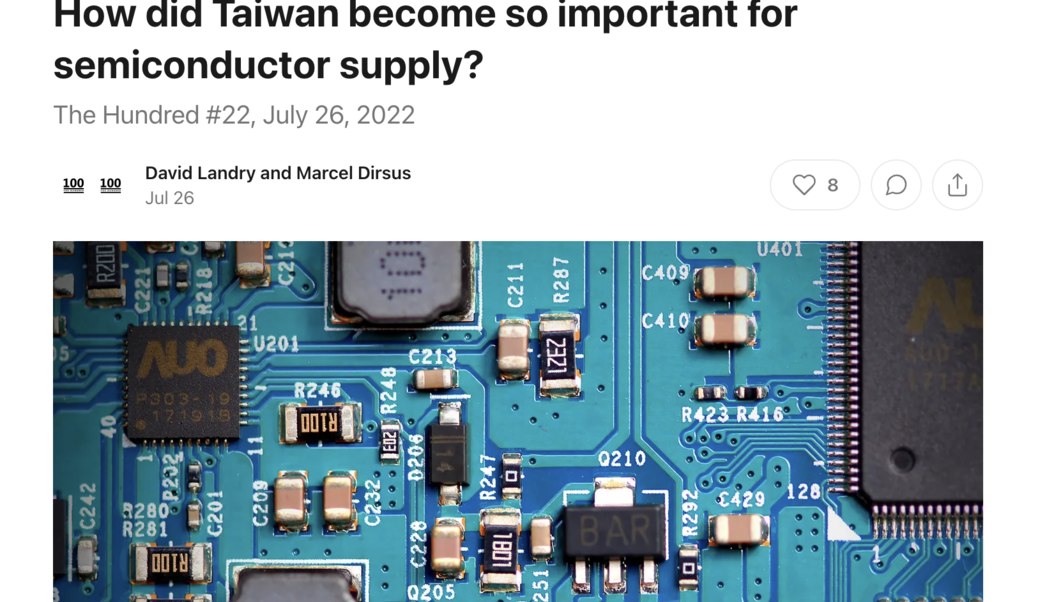Fast Facts
- Chair, Center for Asia-Pacific Resilience and Innovation
- Nonresident senior fellow, Brookings Institution
- Adjunct professor at the Chinese University of Hong Kong
- Former partner at Goldman Sachs
- Founding board member of Alibaba Group and Semiconductor Manufacturing International Corporation
- Expertise on China, Taiwan, Hong Kong, East Asia, international political economy, international finance and banking, innovation and entrepreneurship, privatization
Areas Of Expertise
- Foreign Affairs
- Asia
- Economic Issues
- Finance and Banking
- Trade
Syaru Shirley Lin, Miller Center nonresident faculty senior fellow, is a nonresident senior fellow in the Foreign Policy program at Brookings Institution and an adjunct professor at the Chinese University of Hong Kong. Lin chairs the Center for Asia-Pacific Resilience and Innovation (CAPRI), a policy think tank conducting interdisciplinary, comparative research on innovative policies that can strengthen resilience and improve governance in the Asia Pacific. CAPRI currently acts as the Asia-Pacific Hub of the Reform for Resilience Commission and the Partnership for Health System Sustainability and Resilience, two global initiatives that are reviewing the response to the COVID pandemic and developing proposals for better responses in the future.
Lin's research and teaching focus on cross-Strait relations, international and comparative political economy, and the challenges facing high-income societies in East Asia. She is the author of Taiwan’s China Dilemma: Contested Identities and Multiple Interests in Taiwan’s Cross-Strait Economic Policy (Stanford University Press, 2016) which was also published in Chinese in 2019. Her book highlights the linkage between Taiwan’s national identity and its foreign economic policy and analyzes the implications for Taiwan’s future relationship with China. She is now writing a book on six economies in the Asia Pacific region caught in the high-income trap, all of which are facing problems such as inequality, demographic decline, financialization, outdated education systems, increasingly polarized societies, inadequate policy and technological innovation, and climate change. Her analysis and commentary frequently appear in English and Chinese media.
Lin was the youngest woman partner as well as one of the first Asian partners of Goldman Sachs, where she led the firm’s investment efforts in Asia, managing private equity and venture capital investments in 12 countries and setting up its Tokyo operation. She spearheaded the firm’s investments in technology start-ups in Asia, making it one of the earliest and most successful investors in China. In that capacity, she led the first round of institutional investments in Alibaba and Semiconductor Manufacturing International Corporation. Prior to her work in private equity and venture capital, she specialized in the privatization of state-owned enterprises in China and Singapore.
Lin has served on the boards of numerous private and public companies and currently serves as a director of Langham Hospitality Investments, Goldman Sachs Asia Bank, TE Connectivity, and MediaTek. She is also a director of the Focused Ultrasound Foundation, which supports the development and adoption of new therapeutic medical technologies, and an advisor to the O’Neill-Lancet Commission on Racism and Structural Discrimination and Global Health.
A native of Taipei, Lin has been a resident of Hong Kong for three decades. Lin graduated, cum laude, from Harvard College and has also studied and worked in Tokyo and Madrid. After retiring from Goldman Sachs, she earned her masters and doctorate from the University of Hong Kong and launched a new career as a scholar, policy analyst, and corporate and non-profit director.
